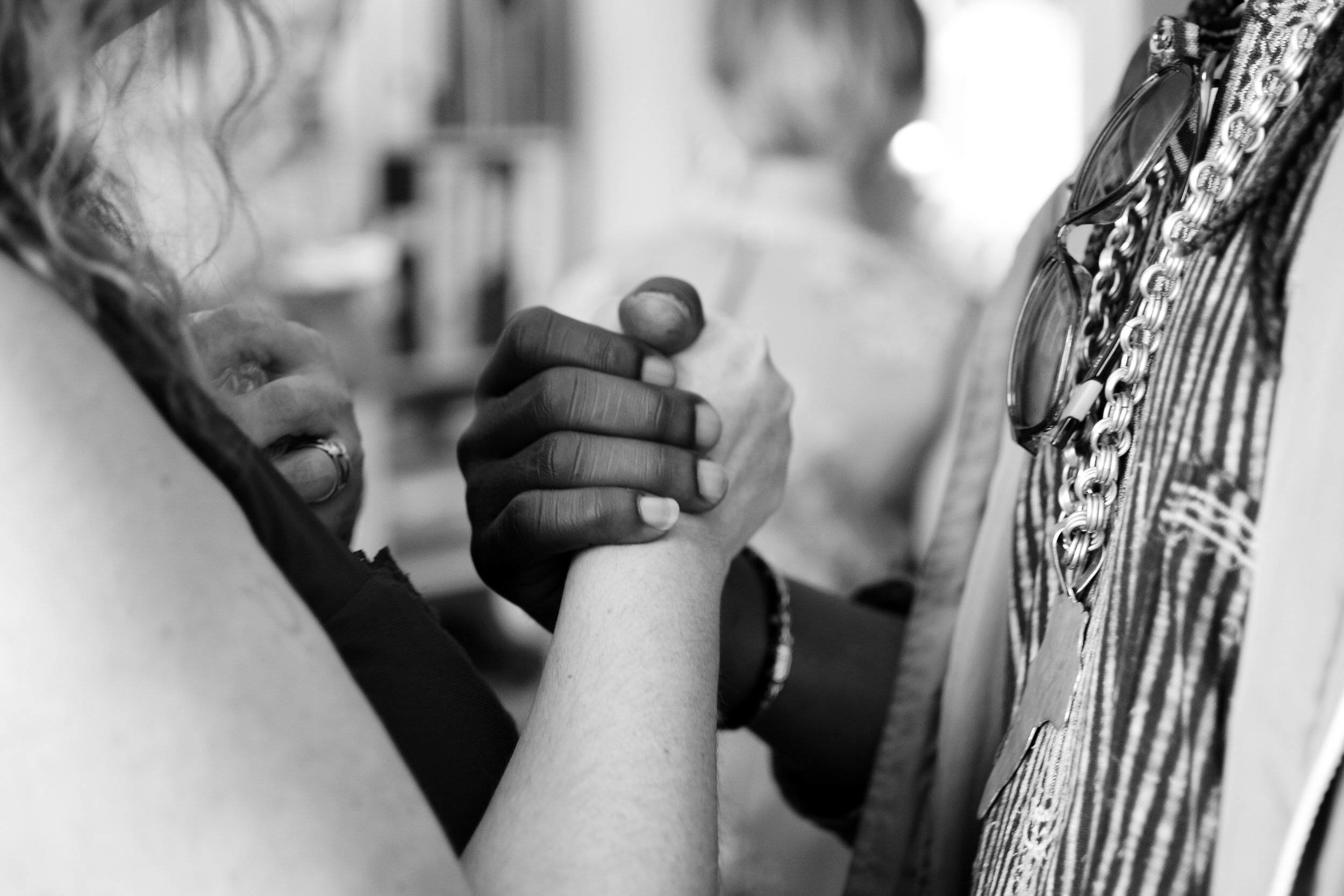What is Cultural Humility?
Cultural humility recognizes that within many disciplines, professionals must consider and address the biases they personally hold.
Some experts believe that combining cultural humility and cultural competence helps practitioners work more effectively work with clients.
We are better equipped to work with unfamiliar populations when we have prior knowledge about individual clients as well as their cultures.
You have heard about the concept on the news and have no doubt seen it in print, prefaced with a hashtag: #CulturalHumility. But what exactly does it mean?
Principles of cultural competence are incorporated within most workplace settings and embraced socially. Yet when we add the notion of humility, we acknowledge an additional dimension of cultural sensitivity.
Researchers refer to cultural competence and cultural humility as two different disciplines, linked by the emphasis on recognizing and celebrating differences between groups of people. Yet there are differences of opinion as to how these concepts work together.
The Difference Between Cultural Competence and Cultural Humility
Ella Greene-Moton and Meredith Minkler (2020), in discussing cultural competence and cultural humility, describe the belief that one needs to choose one over the other as a false choice. They argue that both concepts have been generated as a result of increasing recognition that within many sectors, including medical, public health, social work, and other disciplines, professionals must consider and address the biases they personally hold.
Greene-Moton and Minkler recognize that both concepts can be productively used to prompt self-reflection as well as reflective practice when it comes to assessing and responding to things like sexual orientation, ability or disability, gender identity, as well as a variety of other dimensions that are unfortunately characterized by privilege, power imbalance, and injustice impacting health and well-being.
Peter V. Nguyen et al. (2020) examined cultural competence and cultural humility as a complete practice. They recognize the need for social work practitioners to have culturally responsive knowledge and skills to provide effective service to clients from diverse populations, and to incorporate professional humility in learning about cultural nuances that exist within different populations to avoid succumbing to personal biases or stereotypes.
Nguyen et al. note that although some people have advocated cultural humility over cultural competence, they believe that it is necessary to practice both. They recognize that because it can be challenging to work with diverse populations, combining the two concepts can equip practitioners to more effectively work with clients. They recognize that practitioners are better equipped to work with unfamiliar populations when they have prior knowledge about individual clients as well as their cultures.
Critical Comparison
Ransford Danso (2018), engaging in a critical comparison of the concepts of cultural competence and cultural humility,[iii] notes that cultural humility is often promoted for its “semantic appeal,” sparing it from being subjected to critical analyses. Regarding culturally competent practices, he argues that instead of dismissing potentially effective practice tools, adapting and updating them to be consistent with current developments would produce a higher level of informed relevance within a culture of diversity and difference.
In critiquing the strengths of cultural humility, however, Danso recognizes its ability to free practitioners from the burden of having to claim expert knowledge about other cultures. He describes this “liberating dynamic” as enabling practitioners to deliver services and meaningfully engage with clients, notwithstanding cultural differences. He notes that cultural humility puts a practitioner in learning mode instead of in a position of power, control, and authority, especially in terms of cultural experiences where the client possesses superior knowledge.
Apparently, both concepts are valuable, both separately and in combination, in a variety of different respects. Learning about how to incorporate culturally sensitive practices into our lives, both personally and professionally, is an increasingly important part of creating a culture of inclusion and respect.


